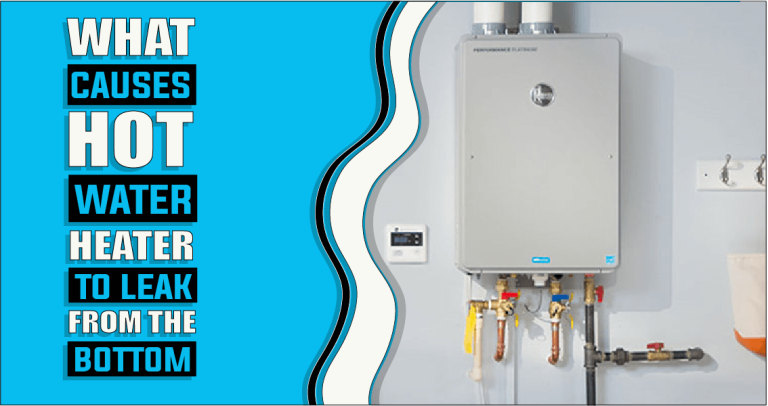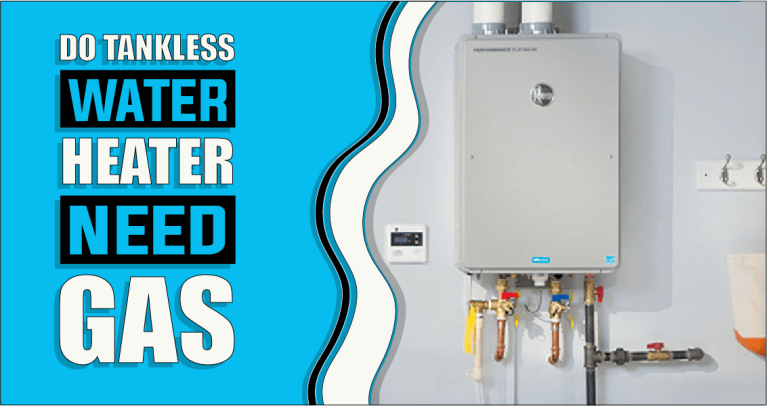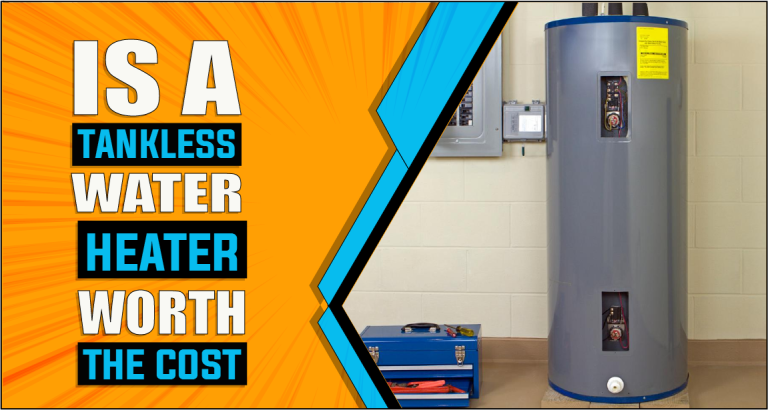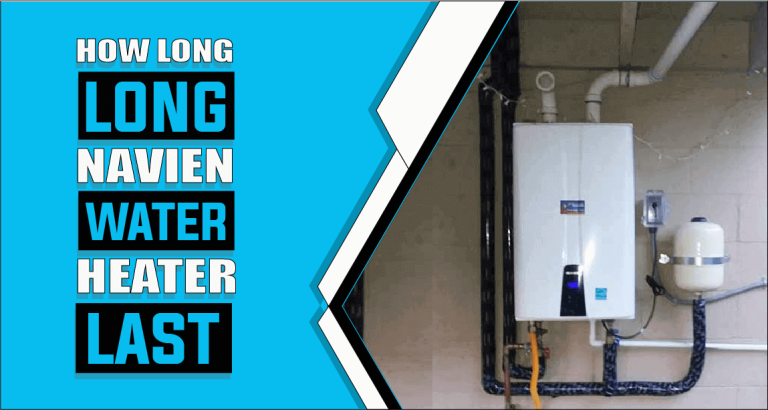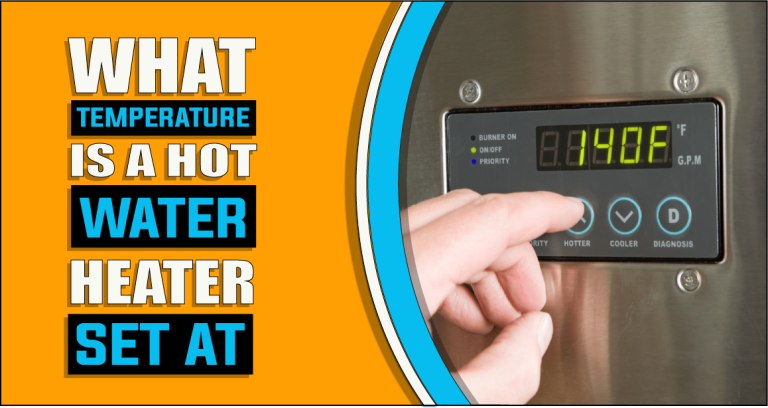What Is Water Heater BTU – The Truth Reveals
Have you ever wondered what exactly a water heater BTU is? If so, you’ve arrived at the right place. A BTU stands for British Thermal Unit and is an important measure of energy used when calculating energy efficiency and costs associated with your water heater. It may sound complex but understanding this simple unit of measurement can help make sure you select the best type of water heater for your home. In this blog post, we’ll explore what is water heater BTU, why it matters to your decision-making process, and how to use it in determining the most cost-effective hot water heating solution for your residential needs. Let’s get started!
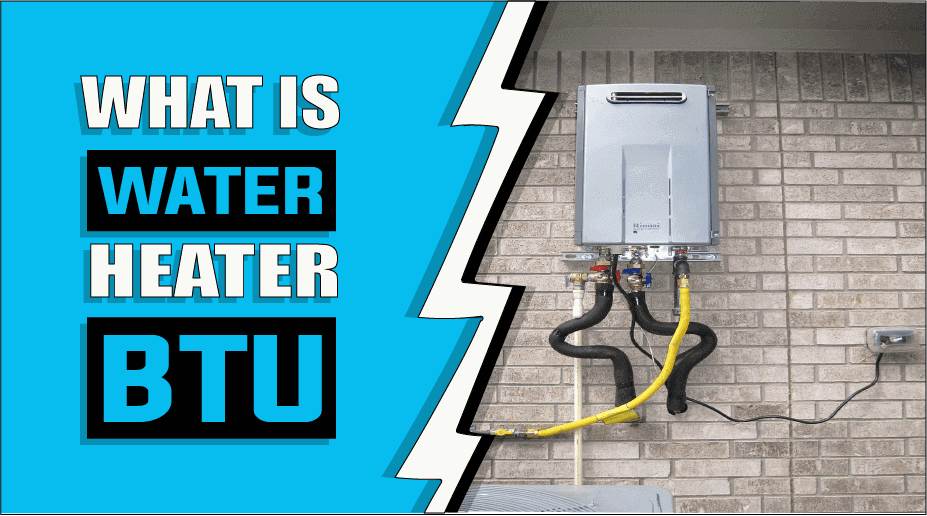
Let’s explore what is water heater BTU.
A water heater BTU, or British Thermal Unit, is the amount of energy required to heat one pound of liquid water by one degree Fahrenheit. A BTU is a measure of thermal energy or heat and is used when calculating the capacity of electrical or gas-fired water heaters. In terms of water heating, higher BTUs mean that more energy can be delivered to the water to raise its temperature. This means that a water heater with a higher BTU rating will typically be able to heat more water faster than one with a lower rating.
Generally speaking, it takes approximately 34 BTUs to raise 1 gallon of liquid water per hour by 1 degree Fahrenheit. This number can vary depending on other factors such as the type of fuel being used and the temperature differential between incoming cold and hot water temperatures.
When choosing a new water heater for your home, it’s important to consider not only its size and capacity but also its BTU rating to ensure you get enough hot water when you need it.
Definition Of BTU
The BTU, or British Thermal Unit, is a unit of measurement that is used to measure the energy content of the fuel being burned. It represents the amount of heat energy required to raise one pound of water by one degree Fahrenheit. BTUs can also be used to express the power output of furnaces, air conditioners, and other appliances and systems.
Importance of Water Heater BTUs
Water heaters are an important part of many households throughout the world that rely on hot water for daily activities such as taking showers or cooking meals. The size of the water heater needed for a particular household is largely determined by its BTU rating. Larger BTUs mean more powerful heating elements that can provide enough hot water for multiple uses at once. Water heaters with higher BTUs have larger storage tanks that can hold more gallons of hot water and take longer to reheat after each use. Generally speaking, a household needs a 40-50 gallon water heater with approximately 40,000-60,000 BTUs to supply enough hot water for all its members’ needs.
It’s important to consider factors like climate, home size, and family size when selecting a water heater as these factors can influence how much hot water you will need at any given time. Selecting the wrong-sized water heater can lead to inadequate hot water availability or too high heating costs due to an over-capacity tank with too many BTUs. In addition, selecting an inefficient model with lower-than-average efficiency ratings could lead to higher utility bills as well as increased environmental impact due to excess energy consumption.
Therefore, it’s key to select a model that has both enough BTUs and high energy efficiency ratings to ensure adequate hot water availability while keeping your energy costs low.
Types of Water Heaters and Their BTUs
There are two main types of water heaters available on the market, each with its BTU ratings and efficiencies.
1: Tankless or On Demand-Type Water Heaters
Tankless water heaters, also known as on-demand water heaters, are a type of water heater that provides hot water only when it is needed. On-demand water heaters provide hot water instantly and only for as long as you need it. This makes them a great choice for energy efficiency as they don’t require a large amount of energy to be used constantly to keep the stored hot water warm. Depending on the size and model you choose, tankless or on-demand type water heaters range from about 50,000 BTUs up to 199,000 BTUs.
2: Storage Tank Water Heaters
Storage tank-based water heaters are the traditional type of systems that consist of an insulated metal tank that holds several gallons of tap water at any given time, with coils inside the tank heating the stored cold tap water and keeping it hot until it’s needed. Typically these tanks range from around 30 gallons up to 120 gallons depending on your needs and preferences.
When it comes to BTU ratings for traditional storage tanks, they are generally much lower than those seen with tankless units due to their slower heating speed and smaller capacity ratings in comparison. A typical 40-gallon electric model has a rating between 4500 – 5000 BTUs per hour while larger models may reach 16000 – 19900 BTUs per hour depending on their size and energy source.
How to Determine the Right BTU for your Water Heater?
The water heater’s BTU rating is determined by the water heater’s size, energy source, and how much hot water it can produce in an hour. If you’re unsure of what BTU rating your water heater should have, here are some easy steps to help you determine how many BTUs you need:
- Calculate the peak water flow rate for your household, this will tell you how much water is used at any given time and helps determine the capacity of the water heater needed.
- Calculate the temperature increase required usually about 40°F – 50°F depending on climate conditions.
- Determine the desired recovery rate which is basically how quickly it takes for a water heater to heat water from the cold water temperature to the desired hot water temperature.
- Calculate the total BTUs needed for your water heater, and multiply the peak water flow rate, temperature increase required, and recovery rate together to determine how many BTUs are required.
By following these steps, you can accurately calculate the right BTU rating for your water heater that will ensure it meets all of your household’s needs while also keeping energy costs low. With the right amount of research, selecting a water heater with enough BTUs should be stress-free and worry-free!
Choosing a Water Heater Based on Its BTU Rating
When selecting a water heater based on its BTU rating, there are several things to consider:
1. Size of Household or Facility Being Served by the Water Heater
When selecting a water heater, it is important to consider the size of the household or facility that will be served by the unit. The BTU rating of the water heater should be adequate to meet the hot water needs of all members of the household or occupants of a commercial setting. If there are too few BTUs in a unit, it may not adequately heat enough water for everyone’s needs, resulting in lukewarm baths and showers. On the other hand, if too many BTUs are used, it can lead to higher energy costs due to an inefficient unit.
2. Desired Temperature of Hot Water Produced by the Unit
The desired temperature of hot water produced by a given water heater should also be taken into consideration when selecting a model based on its BTU rating. Many units offer adjustable temperature settings that allow you to dial in just the right amount of heat required for your specific needs. Additionally, certain models are designed with built-in thermostats or timers that help keep energy consumption and cost down by automatically adjusting temperature levels based on time-of-day usage patterns within your home or business.
3. Input Rating of the Unit
The input rating of a water heater is another factor that must be considered when choosing one based on its BTU rating. Gas-powered models generally have higher BTU ratings than electric ones due to their superior heating capacity; however, electric models are much more efficient when it comes to energy usage since they don’t require natural gas or propane fuel sources like gas-powered units do.
4. Efficiency Rating Based on Type of Fuel Used
When looking at a particular model’s efficiency rating based on the type of fuel used, it is essential to pay close attention to details such as how much energy is being converted into usable heat each hour versus wasted as exhaust gases and other forms of waste heat during operation. Specific information regarding this type of efficiency rating should be available from either the manufacturer’s website or product literature if not, contact customer service.
Frequently Asked Questions
A water heater with a higher BTU rating will produce more hot water faster than one with a lower BTU rating. You can either heat a room more rapidly or a greater space with it because it can do more to boost the temperature in your room each hour.
To calculate your water heater BTU, you will need to know the peak water flow rate in gallons per minute, the temperature increase required in degrees Fahrenheit, and the water heater’s recovery rate. Then multiply the three numbers together to find the total BTUs needed for your water heater.
Yes, 40000 BTU is generally sufficient for a water heater depending on the size of your household or facility and the desired temperature of the water that you need. Other factors such as input rating and efficiency rating based on fuel used should be taken into consideration when selecting a water heater with a proper BTU rating for your needs.
It depends on your particular needs. A water heater with a lower BTU rating can be more efficient in terms of energy consumption and cost, but may not adequately heat enough water to meet the needs of an entire household or facility.
If the BTU rating of the water heater is too high, it could lead to higher energy costs due to an inefficient unit. Additionally, water that is heated to a temperature that is too hot can be dangerous and cause scalding, especially in areas with young children or the elderly.
Conclusion
We hope you have found this article helpful in answering the question: What is a water heater BTU? Water heater BTU is a measurement of the heating capacity of water heaters, which is determined by its input rating, type of fuel used, and efficiency rating. When selecting a water heater for your home or business, it’s important to take into consideration not only its BTU rating but also its adjustable temperature settings, thermostat control capabilities, and energy efficiency ratings. With proper research and understanding of water heater BTUs, you can make an informed choice that will provide you with the perfect water-heating solution for your needs. All in all, for optimal performance and safety, when choosing a water heater based on its BTU rating, always consult with a qualified professional to ensure the best results are achieved.
Ella John is passionate about helping her readers make the best choice when purchasing a heater. She understands that selecting a heater can be difficult and strives to provide information to help make the decision easier. Ella’s website, Heatersinfo.com, provides valuable insight into heating trends and types of heaters and tips on how to care for them. She also advises selecting the right heater based on individual needs and preferences. Her expertise in electronics makes her an excellent source of knowledge, and she is confident that anyone who visits her website will find the perfect heater information for their needs. Ella’s dedication to helping others make educated decisions about buying the right heater is unparalleled, and she hopes to continue offering her expertise for many years. With Ella’s help, finding the perfect heater can be a breeze!

